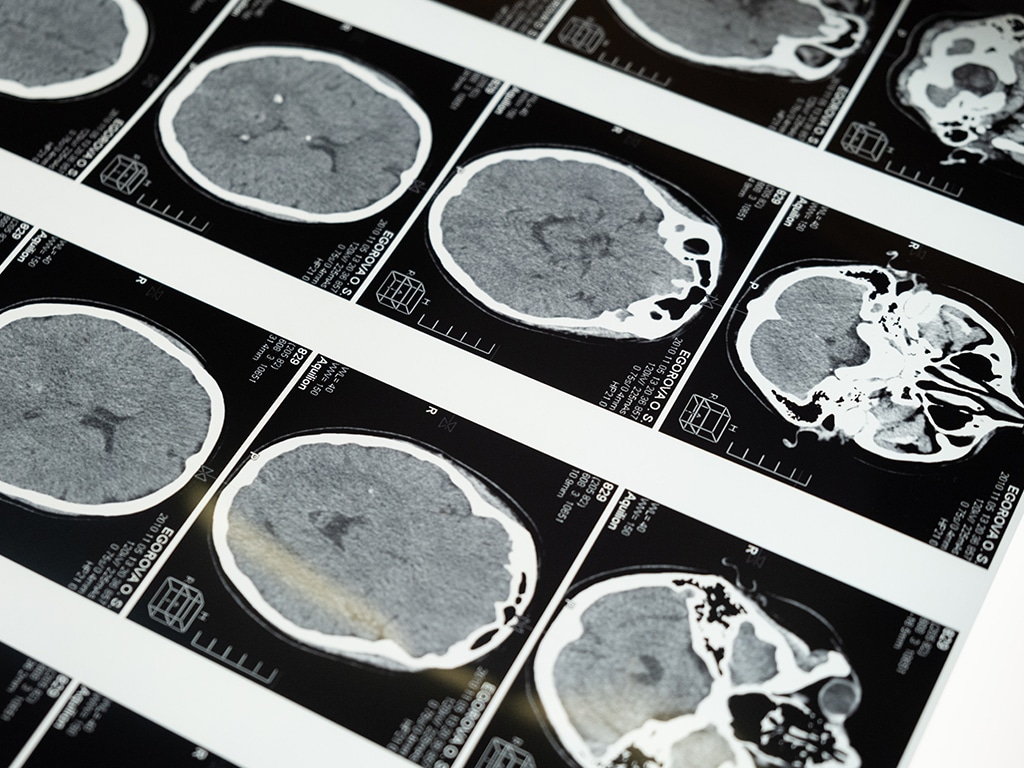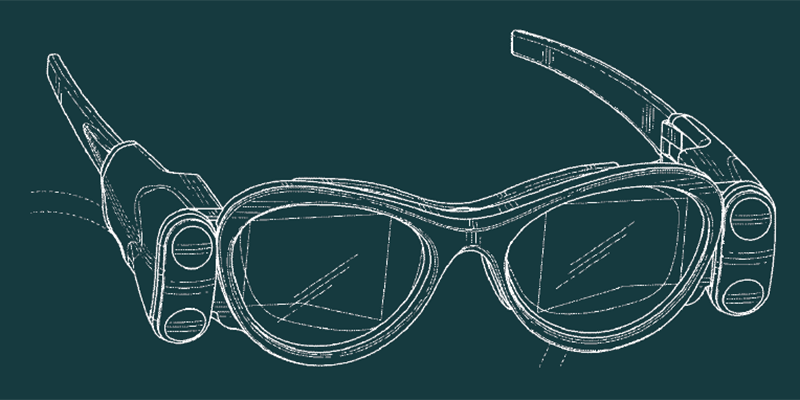Japanese food and biotechnology company Ajinomoto is patenting a supplementary treatment for people suffering from drug-resistant epilepsy: a drinkable formula based on popular ketogenic diets.
Epilepsy affects about 50 million people worldwide and is among the most prevalent serious neurologic conditions. Epilepsy patients have two to four times worse mortality rates compared to matched nonepileptic populations. Chronic and refractory cases require the most time and effort from physicians and comprise about 40% of all cases.
The ketogenic diet has emerged as a popular weight loss approach in recent years. The high-fat, low-carbohydrate diet is named after ketones: chemicals produced by the body when it burns fat for energy instead of carbohydrates. On a basic level, people on a “keto” diet seek to derive about 90% of their caloric intake from fats.
But keto diets are not only good for losing weight. Their counteractive effects against some epilepsy conditions have been known since the 1920s. The diet is particularly helpful in some patients whose seizures have not responded to two or more medicines.
Ajinomoto’s patent application claims a ketogenic composition for individuals with intractable epilepsy. The nutritionally complete product may come in solid form, as a powder for mixing with water or juice; or liquid form, as a mixture in a can, bottle, or pouch.
The composition includes fat, a protein source, and carbohydrates. Ajinomoto highlights a leucine-enriched amino acid mixture as a key component of the protein source. Leucine, a ketogenic amino acid, is seen as a potential alternative treatment for epilepsy, with its ability to promote muscle health by stimulating protein synthesis and reducing protein breakdown. Ajinomoto’s suggested formula includes L-leucine, which has been shown to potentially suppress seizures in mouse models.
The leucine-enriched amino acid mixture is aimed at inducing ketogenesis, or when a person shifts from a glucose-based metabolism to ketone bodies as the preferred energy source. Ajinomoto recognizes, “without wishing to be bound by any particular theory,” the potential of ketogenic diets to treat epilepsy, traumatic brain injury, neurodegenerative disease, cancer, obesity, diabetes, and diseases related to certain inborn errors of metabolism.
The document mentions Ketovie, a ketogenic formula for the dietary management of difficult-to-control seizures. Massachusetts-based Cambrooke Therapeutics was patenting the Ketovie formula in 2016 before it became Ajinomoto’s advanced medical nutrition subsidiary the following year.
The featured patent application, “Leucine-Enriched Ketogenic Formulations”, was filed with the USPTO on March 24, 2021 and published thereafter on July 8, 2021. The listed applicant is Ajinomoto Co., Inc. The listed inventors are Susan Gingrich, Robert Reed, Kenji Nagao, and Natsumi Nishikata.






